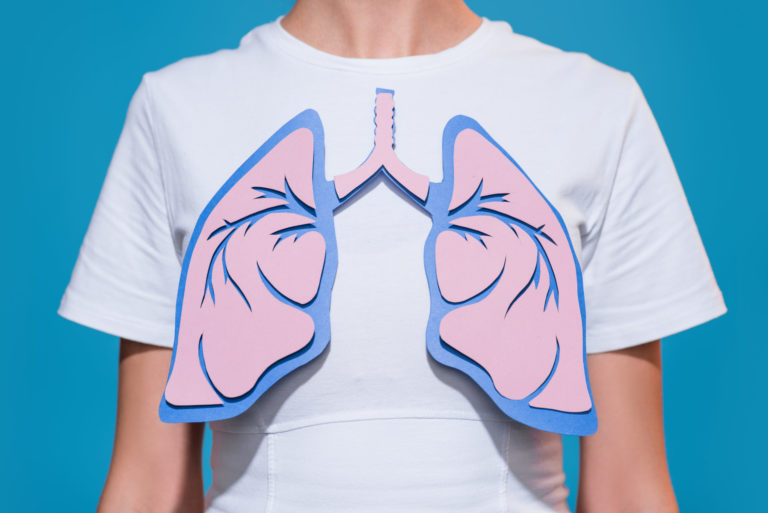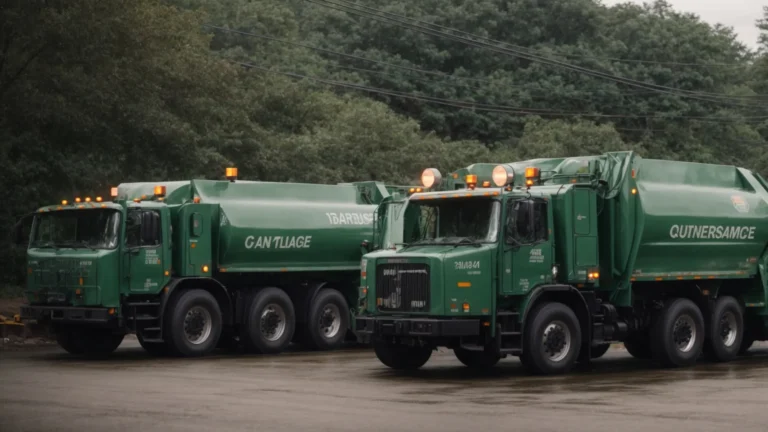Tips for Pursuing a Career in Prevention Science
As public health concerns continue to rise, the demand for professionals in prevention science has never been more critical. This burgeoning field focuses on understanding health-related behaviors and developing strategies to prevent illness and promote well-being. If you’re contemplating a career that can impact the health of communities at large, prevention science provides a fulfilling pathway. In this article, we’ll explore the essential steps and strategies to build a successful career in this dynamic domain. Keep reading to gain valuable insights into the prevention science profession
Navigating Educational Paths for Prevention Science Professionals

Prospective prevention science professionals should prioritize obtaining the appropriate education. While undergraduate degrees lay the groundwork, a master’s or doctoral degree can be pivotal in solidifying one’s role in this field. For example, a UC’s online community health master’s program can be a gateway to advanced opportunities.
The curriculum in graduate programs typically delves deeper into behavioral science theories, advanced research methods, and the application of statistical software. These programs aim to cultivate a skilled workforce equipped to tackle current and emergent public health challenges. Furthermore, specializations in areas like epidemiology, health education, or policy development can enhance one’s expertise.
Distance learning options have made it more accessible for individuals to pursue their education while balancing other commitments. Online programs offer the flexibility needed to advance one’s education without sacrificing work or family obligations. Such platforms deliver comprehensive instruction, equipping graduates with the skills necessary for high-impact roles.
Qualifications and Skills Needed for a Career in Prevention Science

To thrive in prevention science, a strong academic foundation is fundamental. Typically, this includes a bachelor’s degree in a relevant field such as public health, or a related social or biological science. A firm grasp of research methods and statistics is particularly crucial, as these skills are central to designing and evaluating prevention programs.
In addition to formal education, practical experience holds substantial weight. Internships or volunteering in public health settings can provide valuable exposure to the health promotion and disease prevention landscape. Such experiences not only enhance a résumé but also help in understanding the practicalities of working in the field.
Successful prevention science professionals often possess excellent analytical skills, as they need to interpret complex data to make informed decisions. They are adept communicators, capable of conveying intricate information to a variety of audiences. Furthermore, cultural competency and the ability to work well in multidisciplinary teams enhance their effectiveness in diverse community settings.
Breaking Into the Prevention Science Career Market

Launching a career in prevention science often starts with identifying the right opportunities and making strategic connections. While academic institutions may offer job placement resources, broadening one’s search to include government agencies, nonprofits, and private sector firms is advisable. These entities are often at the forefront of prevention initiatives.
Conferences and events dedicated to public health are excellent venues for networking with professionals in the field. Building relationships and learning from others’ experiences can enhance job prospects significantly. Many opportunities arise from being active in the community and engaging in ongoing dialogues within the field.
Volunteer work and internships, even if unpaid, are incredibly useful for gaining practical experience and establishing a professional reputation. Being proactive and showing initiative in such roles can lead to more permanent positions. Employers in prevention science value resourcefulness and a demonstrated commitment to health promotion.
Advancing Your Prevention Science Career Through Continuous Learning and Networking

The landscape of prevention science is constantly evolving, necessitating a commitment to lifelong learning. Continuing education courses, webinars, and journal clubs are excellent ways to stay informed about new research and best practices. Keeping abreast of these developments can lead to innovative approaches in one’s work.
Professional associations in public health and prevention science offer layered benefits through conferences, professional development resources, and job boards. Membership in such organizations underlines a professional’s commitment to the field and can often provide a competitive edge in career advancement.
Overall, pursuing a career in prevention science is a dynamic and impactful choice that requires a diligent blend of education, experience, and continuous growth. By fostering the relevant qualifications, embracing educational opportunities, and harnessing the power of networking and lifelong learning, professionals in this field can make significant contributions to public health and enjoy rewarding career trajectories.











